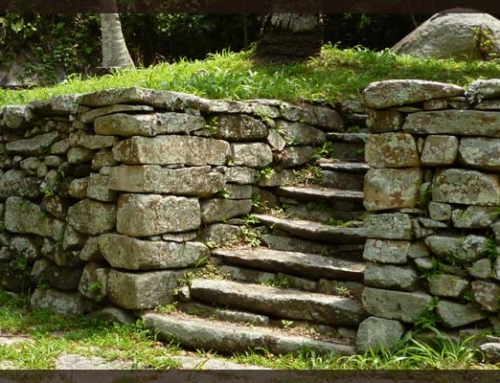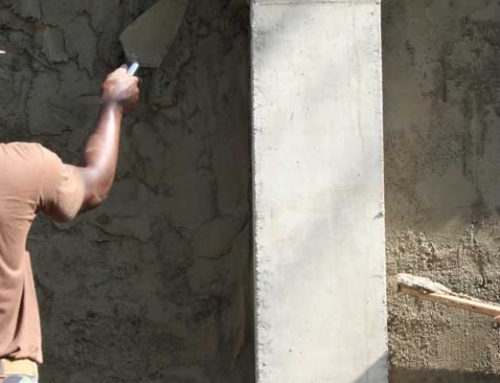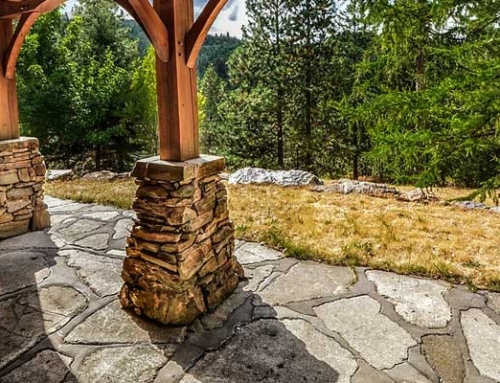It’s not good practice to ignore some issues in your home or building as some problems are more serious than others and need urgent masonry repair work. We don’t recommend that you ignore any issues at all, especially the ones that you notice in your walls or any structure. But if you do see the ones that we’re about to talk about, it’s really the time to act. It goes without saying that the sooner you address the problem, the easier it is to fix.
Serious Masonry Repair Issues
Postponing masonry repair work will only lead to the issues below becoming more extensive and severe. Remember that the more you wait, the more you’ll end up paying a lot in repairs.
Shelf Angle Spalling
Spalling at the shelf angle is a common reason why people and building owners need masonry repair services. A shelf angle is a metal piece in the shape of an L that is installed behind a row of bricks. It helps split the weight of the bricks between the house and the ground.
When the face of the brick starts to suffer from chipping, it is called spalling. It is usually due to corrosion on the shelf angle. If the shelf angle is corroded or damaged, then it won’t properly perform its job of splitting the weight of bricks. If your walls are old or generally unhealthy, then there’s a risk of everything collapsing.
A mason will replace the damaged bricks as well as the corroded shelf angle. Unlike other masonry repair jobs, this one is expensive and could take some time.
Efflorescence
In case you’re unfamiliar with the term, efflorescence is when soluble salts rise through the concrete and start to come out of the pores looking like stains. The reasons for this are many so it’s not an uncommon problem. The causes include moisture, rain, condensation, and cold temperature.
Efflorescence in its early stages can be dealt with by thoroughly pressure washing the concrete. This is simple enough but has to be done meticulously and not in a hurry. If not dealt with in a timely manner, the stains will become calcium carbonate, which can no longer be removed by pressure washing. The only way to deal with calcium carbonate is by using certain chemicals including, but not limited to, muriatic acid. These chemicals are dangerous so you should hire a mason to do the job.
Disintegrating Mortar
The disintegration and breaking down of mortars between bricks is definitely bad news. Without healthy mortar acting as a buffer between bricks, the brick starts to rub against each other, leading to damage and changes in its shape. Loose or damaged bricks, particularly in large numbers, can be very dangerous.
A mason can easily reinforce or replace the mortar to restore the integrity of the wall. But this is applicable only in its early stages. If it’s been a while, then it might be necessary to rebuild the entire wall.
Most of these issues are way easier to deal with when caught early on than left for later. The takeaway here is to never ignore problems in any structure or rule them out as unimportant. If you’re not sure, call masonry repair experts and they should be able to tell you for sure.





